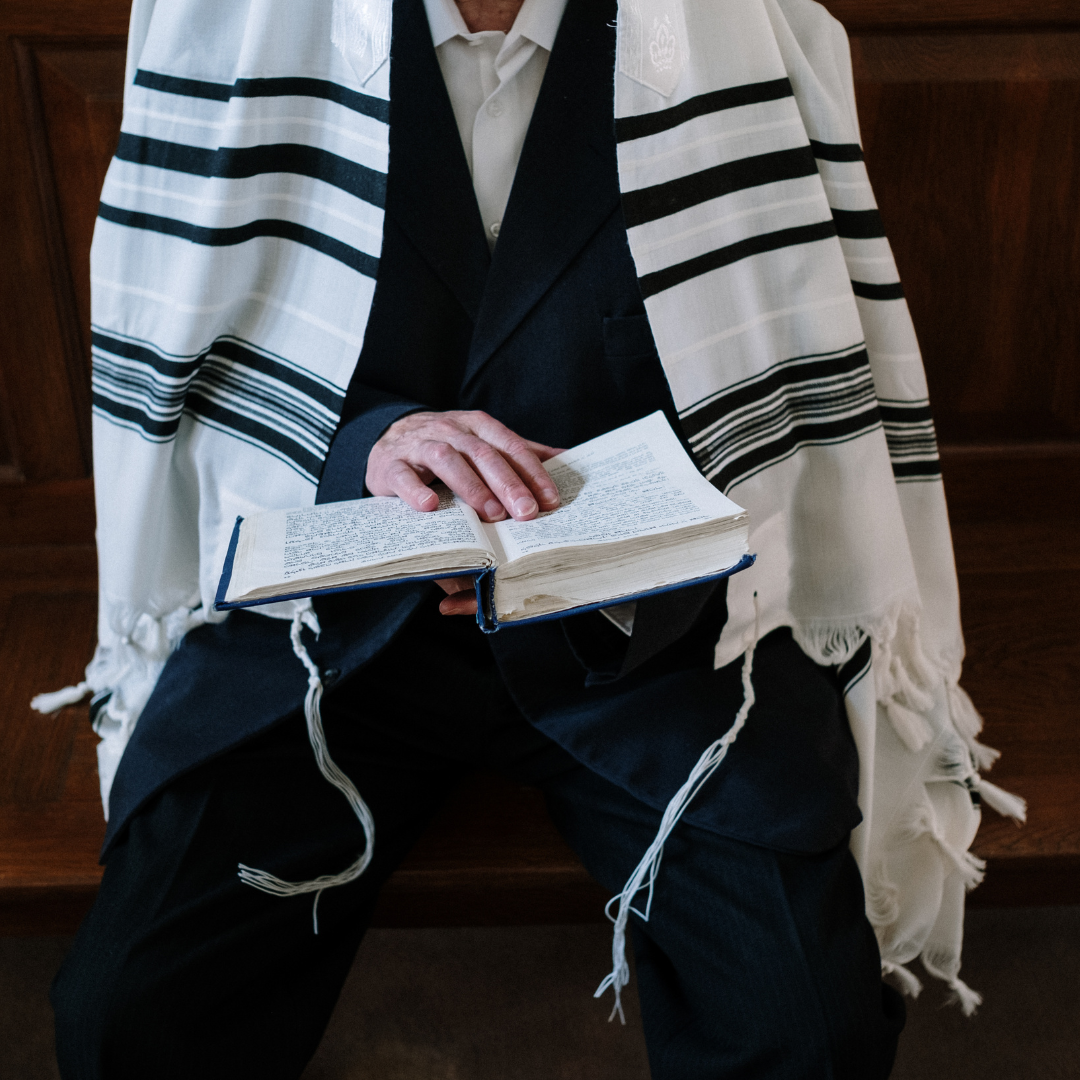
For Tu BiShvat: A Mitzvah Project that Grows
By Drew Isserlis Kramer
Surrounded by the frozen, bare earth of a New York winter, it feels like a strange time to get festive for trees. Tu BiShvat, the Jewish holiday celebrating nature and our devotion to the environment, marks the start of spring in the Land of Israel. On the 15th day of the Hebrew month of Shevat (which fell on January 24 this year), Israelis and Jewish people throughout the diaspora typically celebrate the start of a new agricultural year with feasts and the planting of new trees. This holiday is a minor milestone on the Jewish calendar, but its history feels particularly significant today. As b’nai mitzvah students select a Mitzvah Project to bring meaning to their preparation year, many will look for causes that support Israel’s defense and rebirth. If you are searching for meaning and connection to the Jewish homeland as your family approaches the b’nai mitzvah milestone – read below to understand why and how one should choose to look to the trees.
The History: A Cycle of Taxation and Rebirth
Not mentioned in the Torah, scholars believe Tu BiShvat started as a welcoming of spring for the Israelites living in biblical times, as well as a marker for the agricultural cycle of tithing. Tithing is an ancient practice of withholding consumption of some portion of crops for holy practice, giving to the poor and temple priesthood in a complex system of agricultural obligation. After the destruction of the Second Temple in the year 70 C.E., many exiled Jews left the region, abandoning their annual honoring of agricultural rebirth. With the majority of Jews living in the Diaspora where most Jewish agricultural laws are not applicable, Tu BiShvat ceased being a day to be commemorated. In the Middle Ages, following the Spanish Inquisition, prominent Rabbis returned to Israel, settling in the city of Tzfat. Together they brought a vibrant Jewish life back to the country and instituted a Tu BiShvat seder, in which consuming the fruits of trees took on spiritual significance.
In the 1800s, Israel was again a barren desert destroyed by invading armies. However, the century brought a new wave of Aliyah to Israel. Jews from from Eastern European countries returned to the region to escape persecution and rebuild the land of Israel. In 1890, Russian Rabbi Zeev Yavetz took students to plant trees on Tu B’Shvat. The Hebrew Teachers Union and the Jewish National Fund continued the practice, cementing the practice of planting trees on the holiday.
Our Responsibility Today
In our modern era, over a million Israelis participate in tree-planting activities on Tu Bishvat. As a result, Israel is the only country in the world that went into the 21st Century with a net gain of trees.
Despite this effort, our b’nai mitzvah students stand to inherit an Earth threatened by climate change and violent upheaval. After the brutal Hamas attacks against Israel on October 7, the need to protect and cultivate our land feels all the more poignant and necessary. Today, Israel’s Kibbutzim, housing much of the country’s agricultural resources, are in need of attention. Some destroyed by terrorism, others suffering from a lack of human resources to tend to the crops, today’s rising b’nai mitzvahs can seize the opportunity to help the homeland bloom once again.
If your child wants to contribute to this effort through their Mitzvah Project, there are many organizations on which to focus attention:
Jewish National Fund: Beginning in 1901, the JNF sought to reestablish a homeland in Israel for Jewish people everywhere by engaging Jews worldwide to contribute to purchasing land and planting trees. Today, the JNF is “greening” the desert with millions of trees, building thousands of parks across Israel, creating new communities and cities for generations of Israelis to call home, bolstering Israel’s water supply, helping develop innovative arid agriculture techniques and educating both young and old about the founding and importance of Israel.
Engage in Agricultural Work at HaShomer HaChadash: For those who seek adventure and hands-on contribution, HaShomer HaChadash is a youth volunteer program dedicated to safeguarding the land in the Negev and Galilee in partnership with Jewish National Fund-USA. Help on one of their farms by picking vegetables and other crops to help avoid a
massive shortage in the Israeli food market. Not ready to travel to Israel, create a fundraising campaign. Everything helps.
Become a Climate Change Lobbyist with Jewish Earth Alliance: If your child is passionate about protecting the Earth for future generations, connect with the Jewish Earth Alliance, a grassroots network of communities working together to enable Jews to combat climate change by engaging in the policy process at the Federal level. Kids can work with JEA to lead letter writing campaigns to lobby Congress, learning the policy system and creating an impact for the whole planet.
Whether supporting Israel with hands-on work in the farms, raising money for green pastures or lobbying for climate change in our own home country, b’nai mitzvah students have a multitude of opportunities to ensure the future of Israel and our shared planet.





